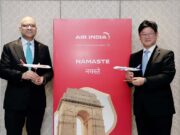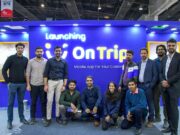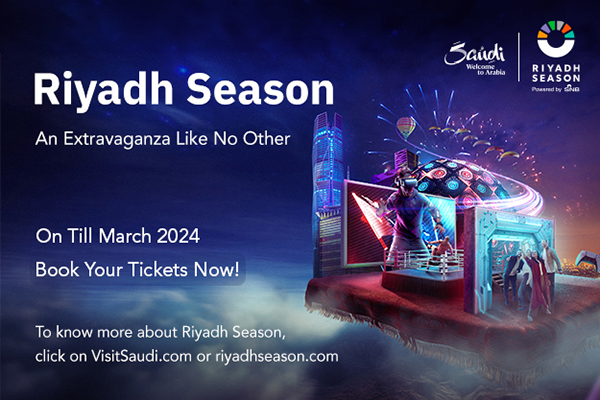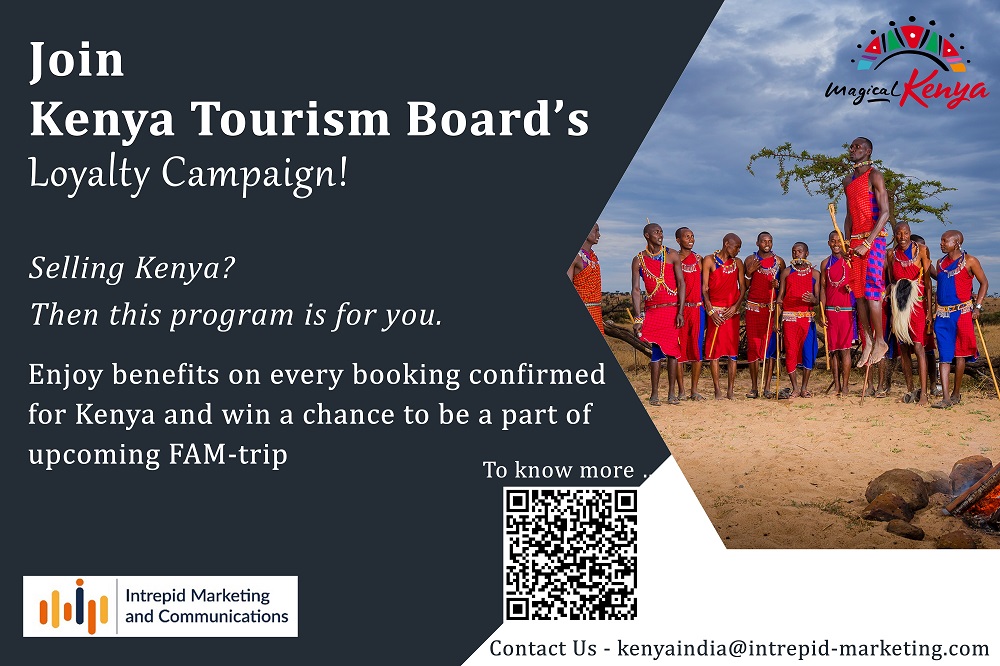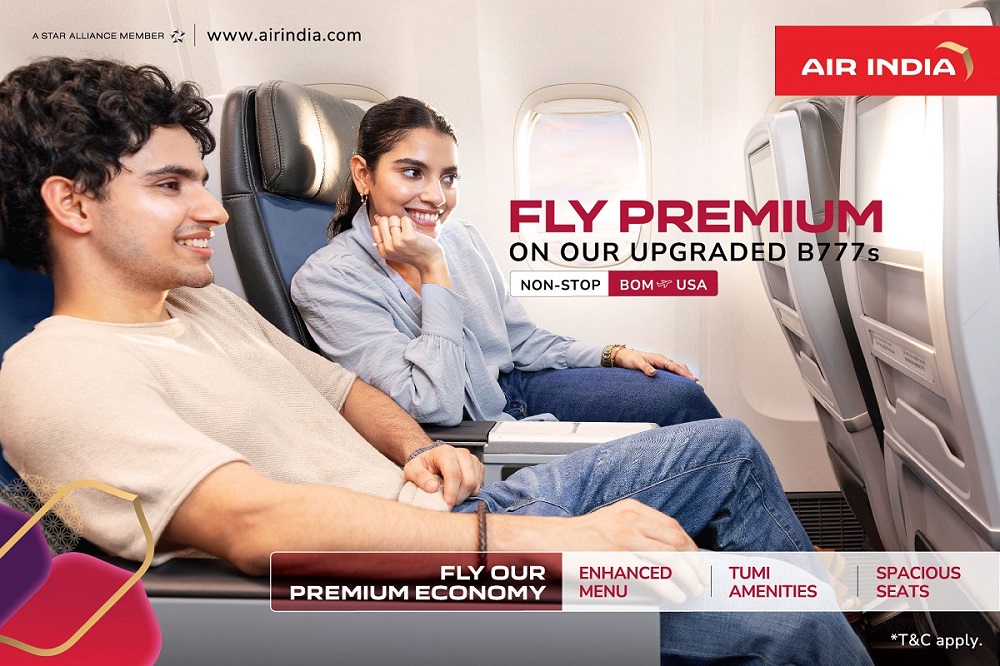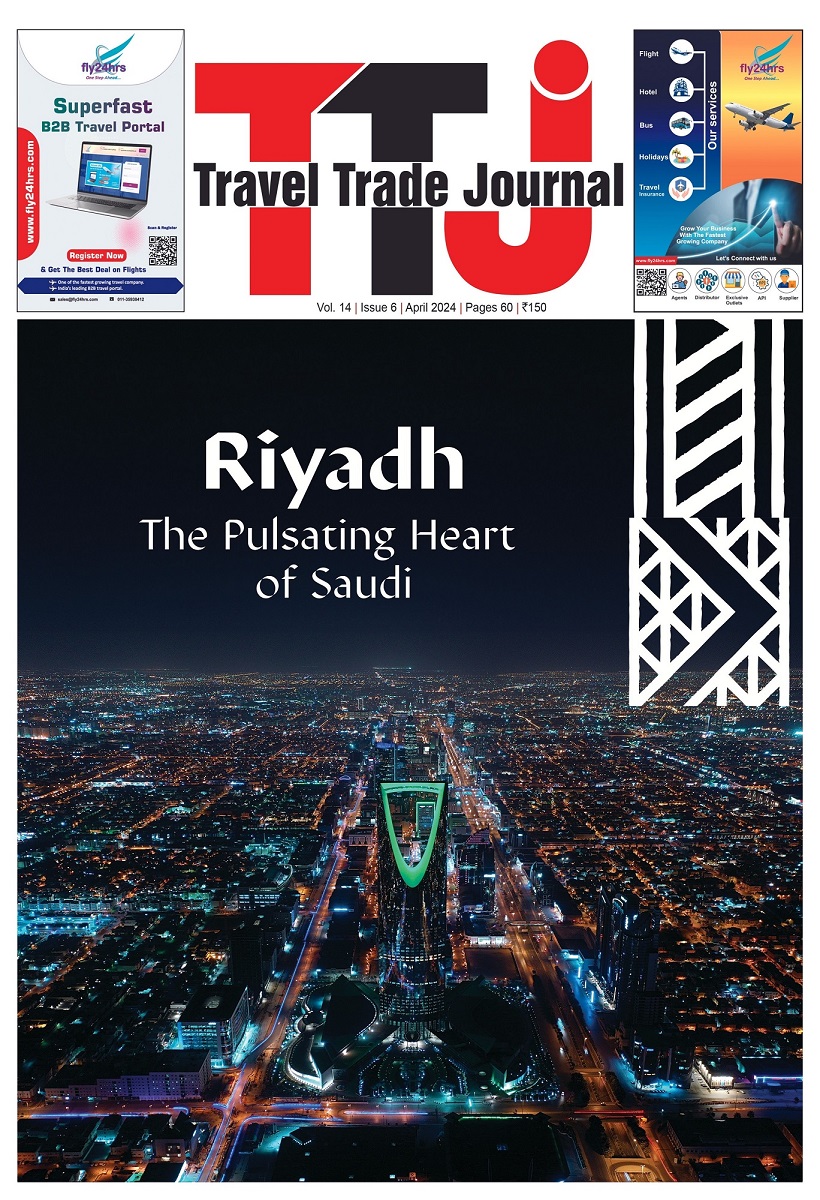As Senior Vice President, Marketing & Communications at Think Strawberries, Ritu Kishore Raizada, has been shaping client strategy, leveraging marketing technology, and ideating campaigns for their brands. With over 24 years of industry experience, she has handled the South Asia region and some of the world’s most valuable brands. Ritu’s guidance on brand strategy and deployment has led to successful and award-winning marketing solutions for brands across multiple industry disciplines. We learn from her, certain strategies that destinations must adopt in order to remain attractive and relevant for travellers.
Prashant Nayak
At Think Strawberries, there are fresh insights and ground-level understanding that has been brought to bear on the work for Ritu Kishore Raizada. Essentially, communication is about direct marketing and accountability to a well-defined market segment. “The marketing communication tools in the travel industry are extremely dynamic with a high focus on B2B, apart from B2C. For all of us in the communications field, the pandemic has pressed on the importance of being flexible. With information changing at a rapid pace, the main strategy is to communicate it quickly, efficiently and in a contextual way to a variety of stakeholders. As soon as the nationwide lockdown was announced, we introduced certain processes in the system for uninterrupted internal and external communication to keep the brands alive in consumers’ minds,” says Ritu.
Speaking about their present engagement, Maldives, one of the destinations that they represent in India, has reopened for Indian travellers from July 15. The new COVID safety rules of the Maldives Immigration have been eased and made it more convenient for Indian travellers. In fact, India was the No. 1 source market for the Maldives in 2020 and now ranks second in the world. Ritu further shares, “The good news is that the COVID restrictions are now lifting slowly in many countries where we represent not only the destinations but also tourism products. Among these are France where we represent Disneyland Paris, the United Arab Emirates (UAE) where we represent Majid Al Futtaim and Dubai Parks and Resorts which have seen a massive surge in demand from travellers in India after the country reopened its borders for fully vaccinated visitors, since August 30.”
With so much disruption due to the COVID pandemic, staying relevant with their audience was very important and at Think Strawberries, they have adopted a robust plan for 360-degree visibility through various platforms for their clients. On this, Ritu speaks, “The digital-led approach enabled us to remain connected with our stakeholders even in the most difficult of times. Especially during the pandemic, our prime focus has been to ensure that our target audience (B2B, B2C) remains well-versed with the latest developments of the destinations we represent. From e-meetings and virtual events to social media and tech-led tools, digitalization in COVID times helped us to remain relevant in the face of one of the most challenging crises witnessed by the industry.”
Presently, safety will continue to remain a top priority while making travel decisions as we all learn to live in the new-normal. Therefore, owing to the current scenario, for Think Strawberries, the prime role as a destination representation company is to instil confidence in their audiences by effectively and regularly communicating the health and safety protocols taken by their clients. For instance, while promoting Maldives, they kept its ‘One Island One Resort’ concept at the forefront of all their marketing efforts to promote safety and seclusion of travellers. Safety, along with other factors, made it one of the most visited nations by Indians during the pandemic. Today, as the vaccination drive is on full throttle around the world, they are now focussing on the efforts Maldives is undertaking to vaccinate its staff in its pursuit to become the first fully vaccinated tourism sector in the world.
“In addition to safety, we assess the destination’s connectivity from India, its unique offerings and experiences. Wellness, cuisine, adventure are also some of the experiences that are gaining popularity among Indian travellers. Other important factors include flexible cancellation/modification policies on flights and hotels. In the post-COVID era, we are designing products for travellers that are increasingly looking for outdoors and closer to nature experiences,” adds Ritu.
For branding and communication, social media offers an avenue for companies to not only engage with customers but also influence them with the correct content, which assists them with making a decision. The true strength of social media is its influence. Ritu definitely thinks that ‘social media’ has had a long-lasting power and impact on the way people communicate and has now become an integral part of their lives. According to a latest study, global online content consumption doubled in 2020. In a post-COVID world, social media has been helping to satiate everyone’s wanderlust as virtual travelling aims to fill the void left by months of staying indoors. Thus, they continue to actively engage with their audiences across all platforms and leverage the power of social media to keep our destinations at the top of the travellers’ mind.
Ritu is also very optimistic about the return of travel as she concludes, “With the improvement in the COVID situation and a high rate of vaccination in India, countries are gradually opening their doors for Indian travellers. There is a huge pent-up demand for travel and we are extremely positive that with the stringent safety protocols and other measures being followed by the destinations and the travellers, the industry will revive sooner than later.”



